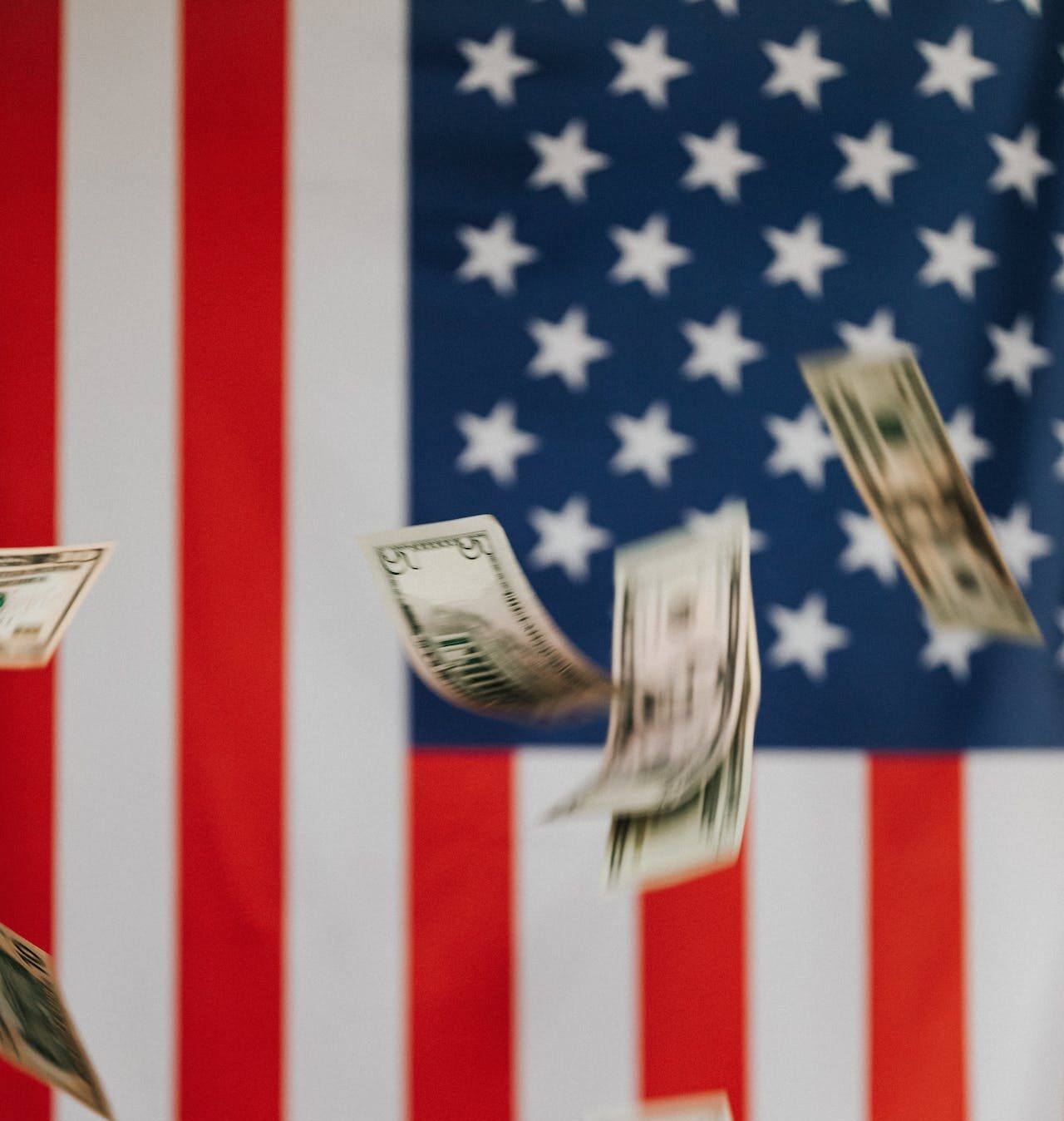
October 28, 2023
National Debt Payments On A Historic Rise As Republicans Play Political Football
The National Debt payments are increasing as the cost of paying on the debts incurred by the United States is rising, because the Federal Reserve raised its interest rates to stave off inflation.
In February and August 2023, CNN and Fox Business both warned that the payments to America’s national debt would rise exponentially because of the Federal Reserve’s choice to raise the interest rate to fight against creeping inflation costs.
According to Statista, in 2022 the U.S. government spent 724 billion on interest of public debt, a figure that is nearly double what the expenditure was in 2012.
“The way one evaluates that [how sustainable net interest is as a function of Gross Domestic Product] is: if your debt is growing faster than your economy, which ours is, and if your interest payments are going faster than — take any indication, whether it’s your economy, income, a variety of things — those are all huge warning signs. All of them are going off right now,” Maya MacGuineas, president of the bipartisan Committee for a Responsible Federal Government, told Business Insider.
In June, the United States was able to avoid defaulting on its debt, which, according to Business Insider, must be paid on before the country can make any budgetary decisions. In four years, spending on the national debt is projected to top what the country spends on education, defense, and the social security program. MacGuineas, meanwhile, warns that there is a lack of political will on either side to do what is necessary to decrease the debt, which includes raising taxes on the wealthy and the middle class, as well as decreasing the amount of money America spends on things like the military.
“We know how to do that. There are many sensible plans out there. We don’t have the political will. And in this hyper-partisan environment, politicians are busily promising that they won’t do all the things that are exactly what we need to do,” MacGuineas said.
Paul Krugman, a Nobel Prize laureate for his work in economic sciences, agrees with MacGuineas but doesn’t see a way to increase taxes that will lead to a decrease in the debt payments, particularly because Congress is split on the matter, largely across partisan lines.
“The problem is obvious. Conservatives always want to cut taxes, especially for the rich, even though polls suggest that most Americans believe that the rich pay too little,” Krugman told Business Insider in October. “But I don’t see any plausible political path to a tax increase that would make a large dent in the deficit.”
Krugman has spent much of the last decade essentially telling the public that while a large debt figure in and of itself is not the problem, a higher national interest rate means it will cost more to both pay down existing debt and take on new debt. Couple this with a Republican Party which, as Steve Phillip suggested in an op-ed for The Guardian, is willing to hold the country hostage to get what it wants, despite the fact that everyday Americans would rather see the debt ceiling raised to avoid a default. President Joe Biden has also gone on record saying that the Republican Party is “literally, not figuratively, holding the economy hostage” regarding its approach to negotiating a new spending budget, which now has a November 2024 deadline and has yet to be approved.